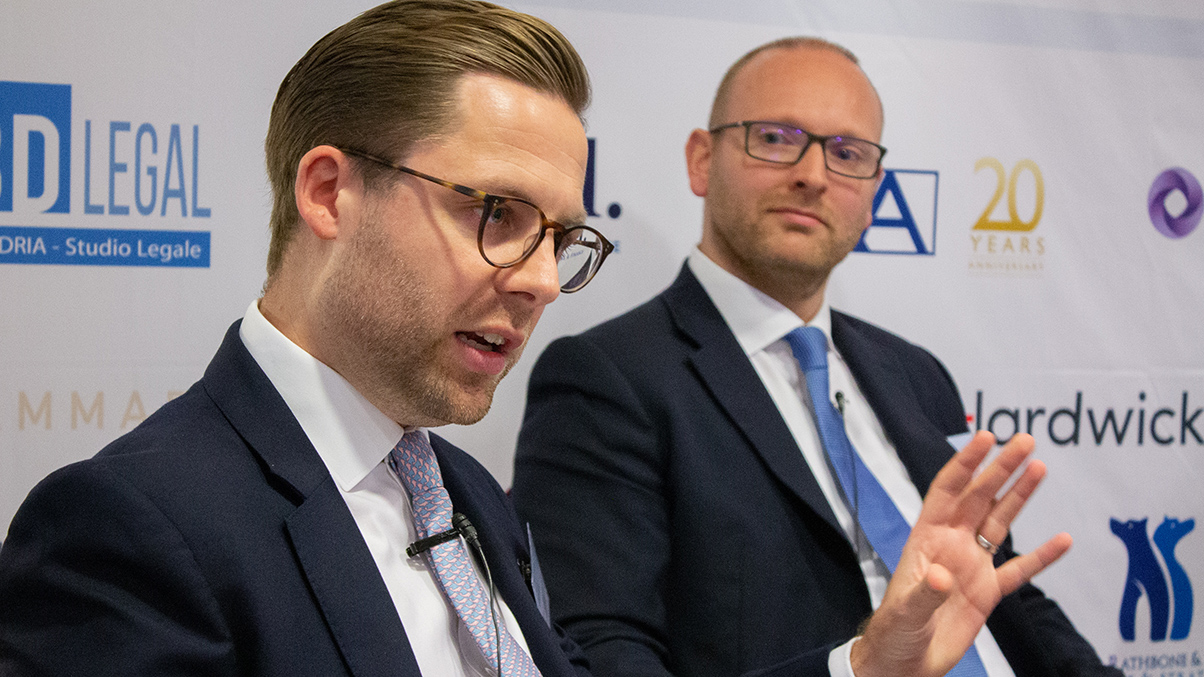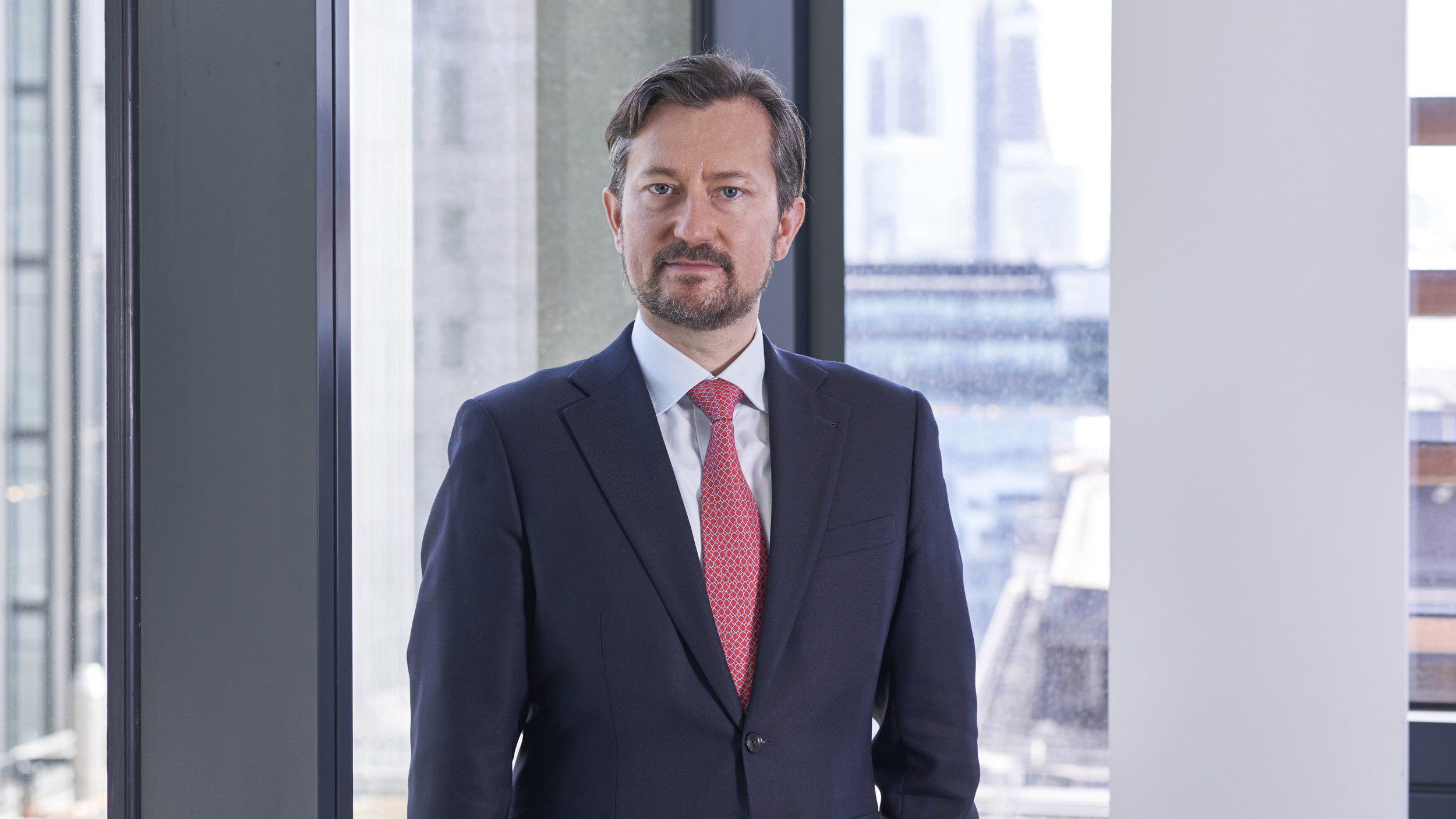This was the question explored at a panel event hosted as part of the recent London International Disputes Week (LIDW) that took place in London between 9 and 13 May 2022. Daniel Wilmot, a partner in Stewarts’ specialist International Arbitration team, joined a selection of other London-based experts in resolving Africa-related disputes to explore this question.
This lively panel discussion hosted in a hybrid format aligned with the theme of LIDW, “Dispute Resolution: Global, Sustainable, Ethical?”. It examined the role and popularity of London as a destination and international arbitration as a method for resolving disputes on the African continent. The panel also considered the sustainability of such practices and explored what more London practitioners could do to support capacity building.
Africa and international arbitration
The discussion recognised the prevalence of international arbitration in resolving disputes emanating from the continent, particularly where the underlying transaction involved a non-African party. It was broadly accepted that the trend would likely continue for the foreseeable future, but with two observations shared, in particular.
First, the historical perception that arbitration was essential to avoid how justice is dispensed within domestic African courts is outdated and needs re-examination.
Second, there was a growing view that arbitration was being “domesticated” in disputes between African parties, whether using local arbitral institutions, adopting arbitral seats sited on the continent or using domestic governing laws. One view implored African states when acting as a contracting counterparty to do more to insist on domesticating disputes in this way.
As to capacity building, there was a recognition that London practitioners could do more, whether by ensuring the relationships between London law firms and their local African counsel was more inclusive or through London lawyers with practices in Africa coming together in a more collaborative fashion to pursue capacity building initiatives.
The related issue of arbitrator appointments was raised. Reference was made to the African Promise (of which Daniel Wilmot is a signatory, among many others) and the regrettable ongoing disconnect between “perception and reality” in terms of the availability and suitability of African arbitrators. Everyone on the panel recognised that more must be done to raise awareness of these issues and strive toward equal representation and opportunity.
London at the forefront
Overall, the discussion was a welcome checkpoint on important issues to assess what progress had been achieved and a reminder of the significant work remaining. It was a timely forum in which to recognise the value London brings to dispute resolution on the continent in terms of its leading status as a venue for disputes and the role its lawyers can (and do) play in supporting what most accept has been an impressive growth in African arbitration over recent years.
At a time when London continues to evaluate its position as one of the leaders in the global international arbitration market and launches various initiatives to try to ensure that it remains at the forefront (for example, the Law Commission announcing a review, and potential reform, of the Arbitration Act 1996), this event and LIDW more generally was an important opportunity to assess London’s current state and to ensure that it does not rest on its laurels.
More on LIDW
Stewarts is a member of London International Disputes Week, a not-for-profit organisation. The members of the LIDW board and strategy group, and its various sub committees and working groups, are drawn from member firms, and all are volunteers.
Daniel Wilmot and Philippa Charles previously spoke at London International Disputes Week 2021, discussing London’s relevancy to Africa and arbitration and whether arbitrators are getting away with too much.
You can find further information regarding our expertise, experience and team on our International Arbitration page.
If you require assistance from our team, please contact us or alternatively request a call back from one of our lawyers by submitting this form.
Subscribe – In order to receive our news straight to your inbox, subscribe here. Our newsletters are sent no more than once a month.




